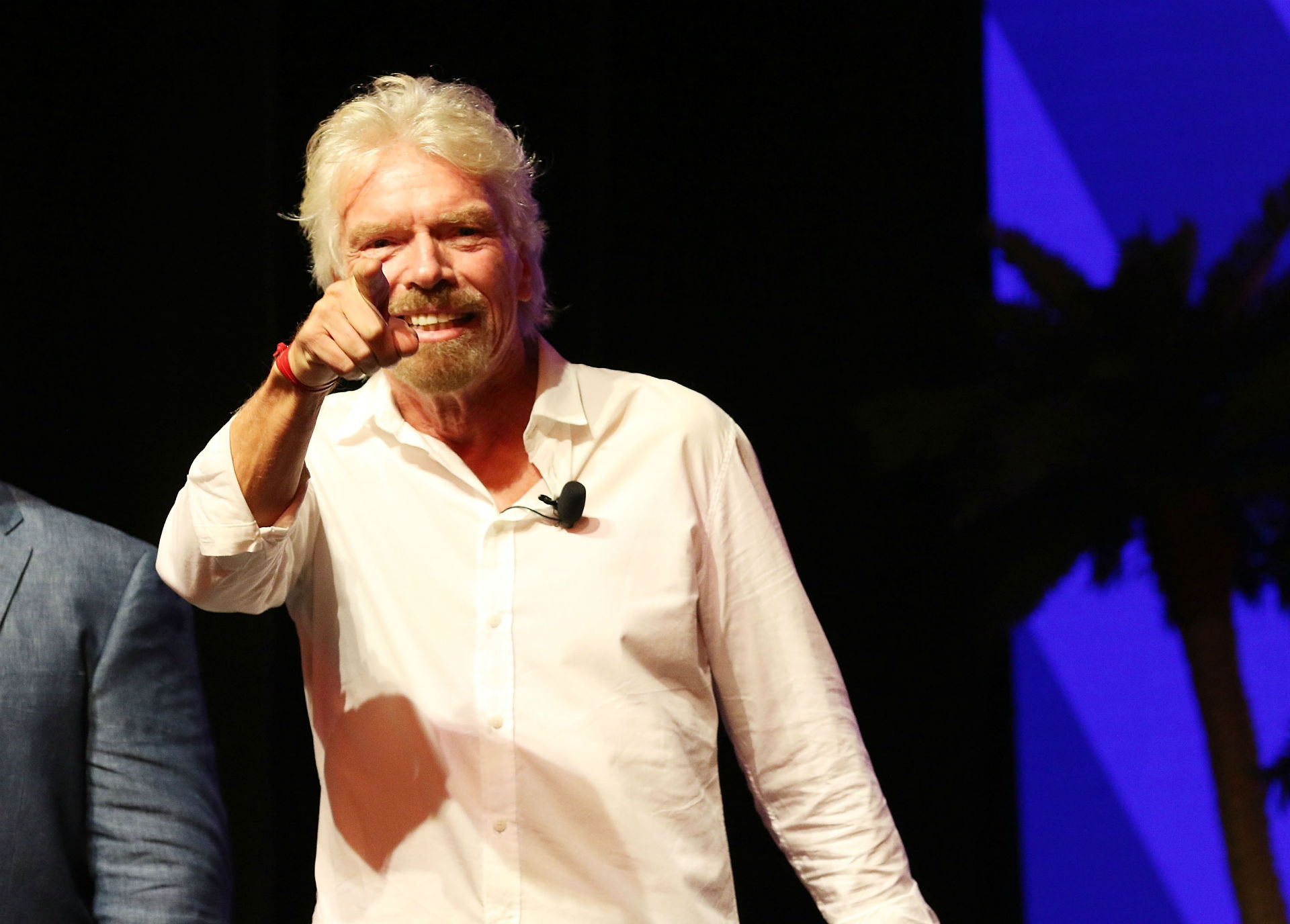

British billionaire Richard Branson has already slapped his Virgin Group name on a space tourism venture, but one futuristic transportation system apparently wasn’t enough.
Branson will invest in Hyperloop One, one of several entities looking to make Elon Musk’s hyper loop vision a reality. Branson will also join Hyperloop One’s board, the company announced today. The project will be rebranded as “Virgin Hyperloop One.”
“As a train owner,” Branson told CNBC, “I felt this is something that I want to be able to operate. A hyperloop could operate at faster speeds than current high speed trains, allowing passengers to travel between major cities faster, Branson said. In his original white paper, Musk called for speeds of over 700 mph. A prototype Tesla hyperloop pod reached 220 mph in testing.
Last month, Hyperloop One announced that it had raised $85 million, and that includes the funding from Branson’s Virgin Group. However, Branson declined to specify exactly how much money he invested. Regardless, it’s a major boost for what is still a new and unproven technology.
Musk originally proposed the hyperloop, which uses small pods propelled through tubes, as an alternative to the high-speed rail project currently underway in his home state of California. The Tesla and SpaceX CEO left the idea for others to develop, and multiple companies sprang up to build their own versions.
More recently, Musk has indicated that he will build his own hyperloop, which will run in tunnels created by his Boring Company. In addition to launching a test program at Tesla, Musk has said that he has some form of government approval for a network of tunnels connecting New York and Washington, D.C.
But all of the money and celebrity industrialist backing in the world won’t guarantee success. There are still many unanswered questions about how a hyperloop would actually work, such as what happens in the case of fire or other emergencies. A hyperloop also requires its own dedicated infrastructure, which may prove more expensive and complicated than Musk or Branson realize.